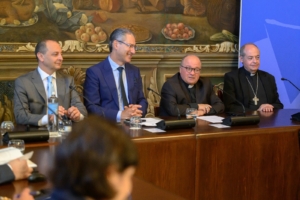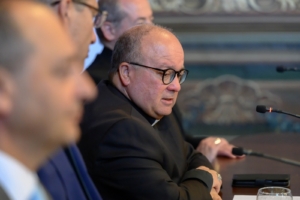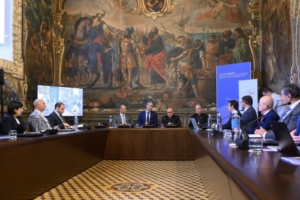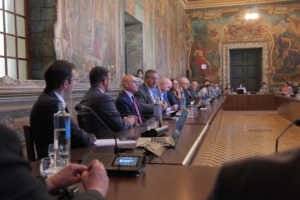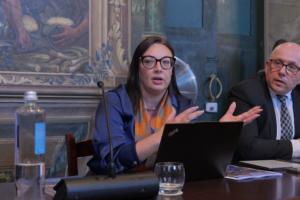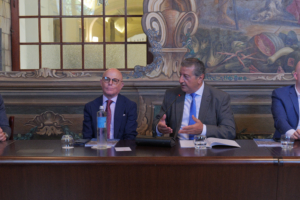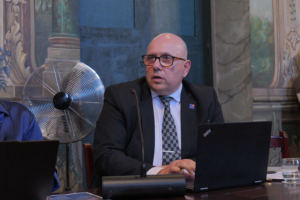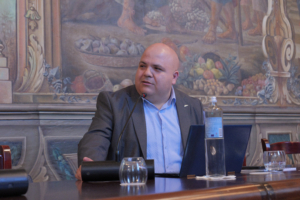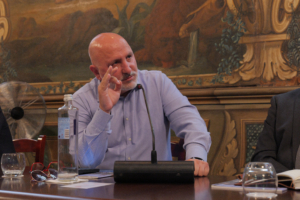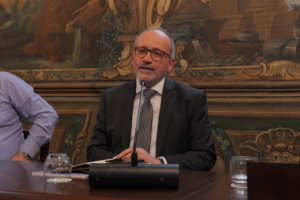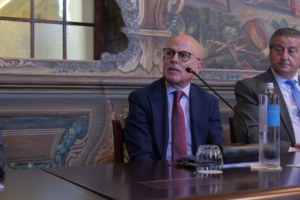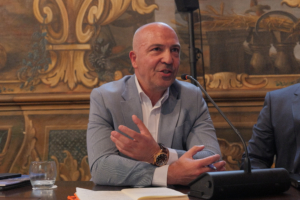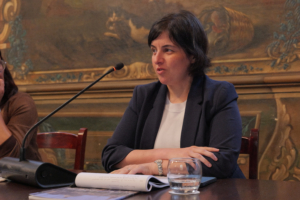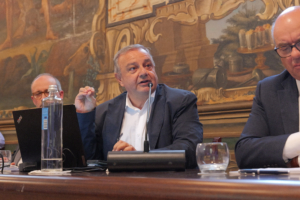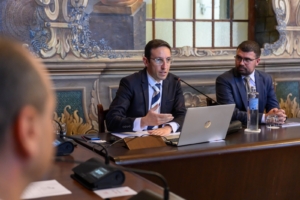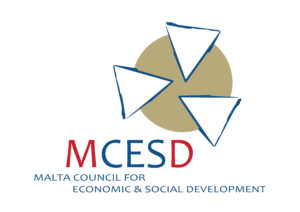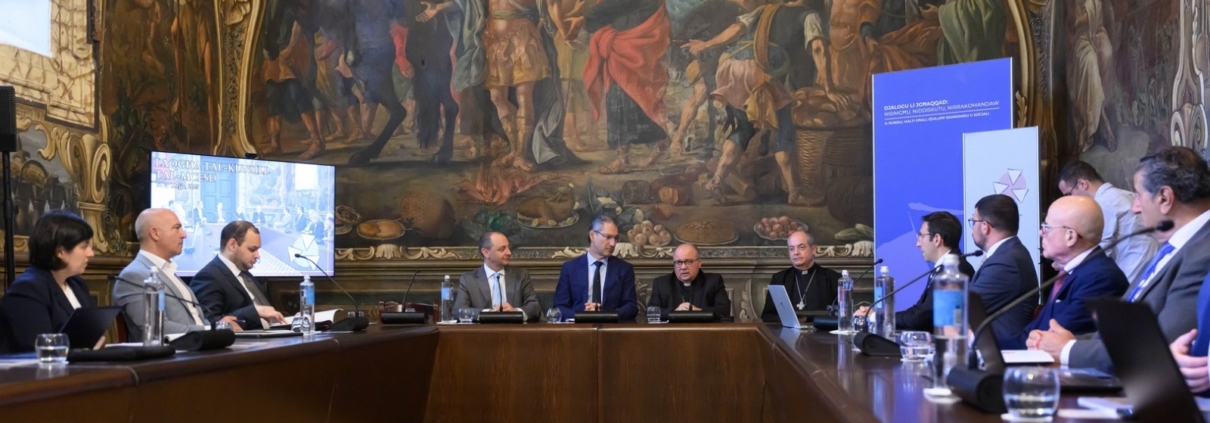Workers’ Rights in Malta Discussed During Meeting Between Bishops of Malta and MCESD
The MCESD held a meeting with Archbishop Charles Scicluna, Auxiliary Bishop Joseph Galea-Curmi, Parliamentary Secretary for Social Dialogue Andy Ellul, and members of the Justice and Peace Commission to discuss a Church report on workers’ rights in Maltese society.
The meeting, chaired by MCESD Chairperson Perit David Xuereb, was held at the Archbishop’s Curia and served as a platform for meaningful dialogue between the Church, the Government, and social partners.
Perit Xuereb emphasised the need for an economic model that is not only adaptive but value-driven: “We must design an economic policy that not only moves with the times but that protects our values. Malta can and should be a model of how we shape a society that values people, not just profit. We must ask ourselves what kind of country we want to be, not only economically strong but also socially just and humane. Only then can Vision 2050 truly succeed.”
Parliamentary Secretary Andy Ellul highlighted the Government’s commitment to fair working conditions for all workers, regardless of nationality. He referred to several bold reforms introduced in recent years, including new rules for digital platform workers, such as food couriers, which guarantee decent wages and working conditions. He also mentioned the banning of zero-hour contracts, which had previously caused uncertainty and stress for employees. A major reform of employment agencies was also introduced, requiring all operators to be licensed and enforcing strict penalties against abuse. Additionally, the principle of Equal Pay for Work of Equal Value was implemented to ensure that workers employed through agencies receive fair wages and conditions.
Archbishop Charles Scicluna underlined the urgent need to address affordable housing for both Maltese and foreign workers. He urged social partners to support initiatives that allow young people from all backgrounds to build dignified futures. The Archbishop noted the Church’s collaboration with the State through the Foundation for Affordable Housing, which offers solutions for individuals and families on low to middle incomes.
On migration, Archbishop Scicluna reaffirmed the Church’s commitment to supporting foreign Catholic communities in Malta through spiritual care and integration efforts, noting their positive presence in local parishes.
Daniel Darmanin, President of the Justice and Peace Commission, said the Church’s report reflects a belief that development should be measured by quality of life, not just wealth or profit. “Profit is not everything in life,” he stressed. “It is essential to uphold the dignity and well-being of every person.”
The MCESD discussions also addressed the need for public services to adapt to ongoing demographic changes while emphasising the importance of fair, safe, and dignified working conditions for all. The pressing issue of affordable housing was raised as a key concern requiring long-term policy planning. Participants also highlighted the need for stronger enforcement of existing laws and a strategic, forward-looking approach to Malta’s growing reliance on foreign workers.
The MCESD reaffirmed that the Archdiocese of Malta plays a crucial role in promoting social dialogue and that continued collaboration with the Church and its institutions is key to addressing present and future socio-economic challenges while preserving core values for future generations.
Please access the presentation here.
Photos:
